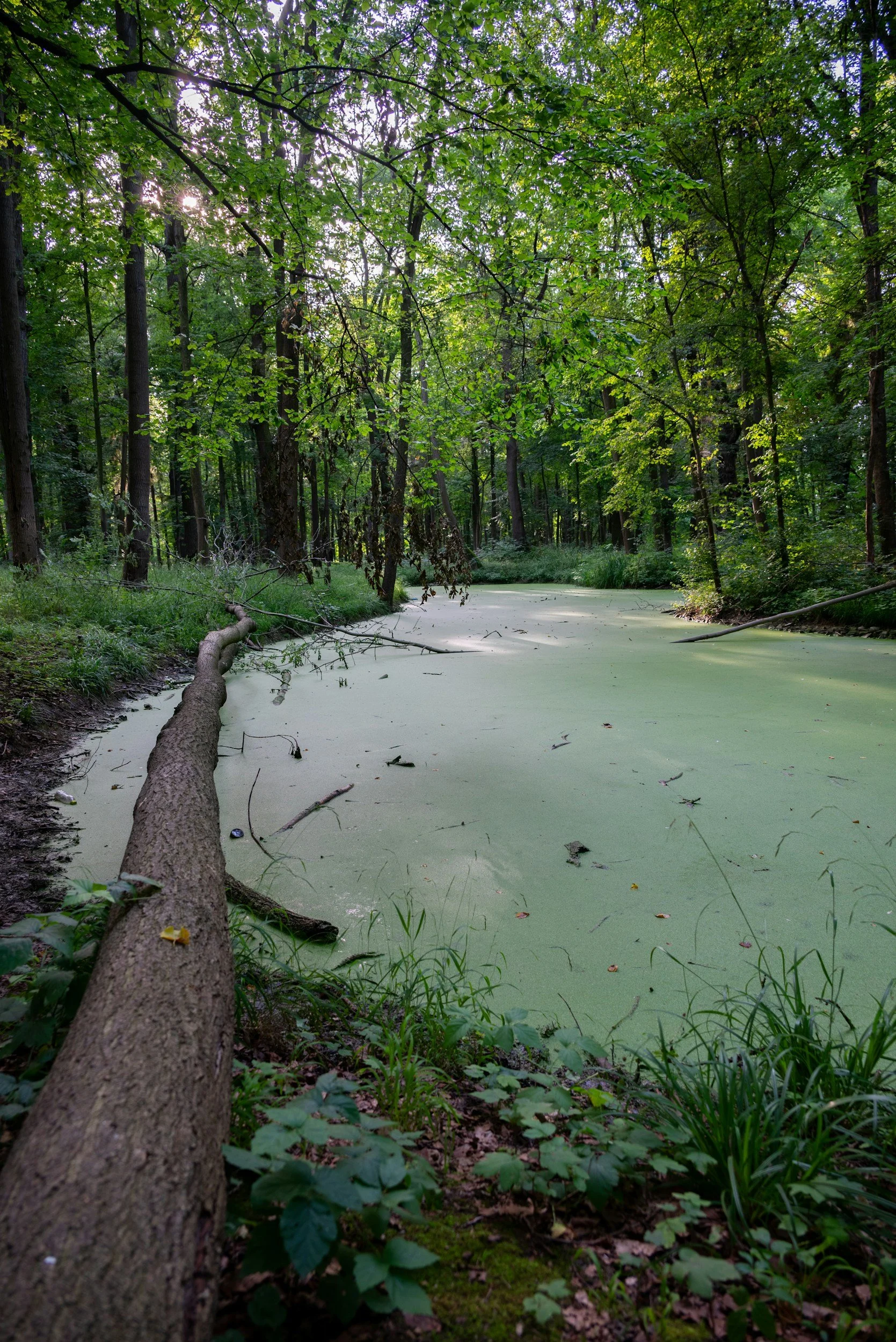
Bill 5: Summary of Final Amendments
Key Changes to the Endangered Species Act
Bill 5 has passed, and it brings major changes to how Ontario handles species at risk, including those here in Lanark County. Here's what’s changed and what’s at stake:
Habitat definitions narrowed significantly: Under the new rules, protection is limited to immediate dwellings (nests or dens) rather than surrounding wetlands, forests, and migratory corridors vital to species survival.(source)
Scientifically independent decision-making reduced: The government can now choose whether to add species to the protection list, bypassing the Committee on the Status of Species at Risk (COSSARO). That means even species deemed at risk by experts may not receive legal protection. (source)
Recovery and management plans are no longer mandatory. Provisions requiring mandated plans for species recovery or management are removed completely. (source)
Broader Regulatory and Governance Shifts
Ministerial discretion expanded: Cabinet and ministry officials now hold greater power to issue mitigation or contravention orders—while the ability for enforcement officers to issue stop orders has been removed. (source)
Proponents can bypass environmental review: The new Species Conservation Act (SCA) will allow projects to proceed once registered online, eliminating prior permitting requirements.
Legal protections for liability are cut back: The legislation limits legal recourse for projects carried out in compliance with Bill 5’s amended statutes. (source)
Impacts on Conservation & Biodiversity
These changes disregard long-standing protections in Lanark County’s ecologically sensitive areas, where wetlands, forests, and species at risk depend on broader habitat protections.
Species like the Jefferson salamander, whose forested foraging area previously benefitted from 350 m buffer rules, are now only safeguarded by the breeding pond itself leaving critical habitat exposed. (source)
Why Experts and Advocates Are Sounding Alarm Bells
Critics warn that Bill 5 enables “trusted proponents” to circumvent regulatory safeguards, putting economic priority over ecological and legal fairness. (source)
Special economic zones established under Bill 5 may override duty-to-consult obligations, raising serious concerns for First Nations rights and sovereignty. (source)
While the government frames Bill 5 as a path to economic growth, experts argue diminished environmental protections threaten long-term sustainability including green-sector jobs tied to biodiversity and conservation. (source)
While Bill 5 includes some amendments, the core of the risk remains unchanged: habitat protections are narrowed, scientific and Indigenous input is minimized, and major projects can proceed with reduced oversight. That puts critical local ecosystems in Lanark County at increased risk.
We urge you to contact you MPP today and voice your concerns.


